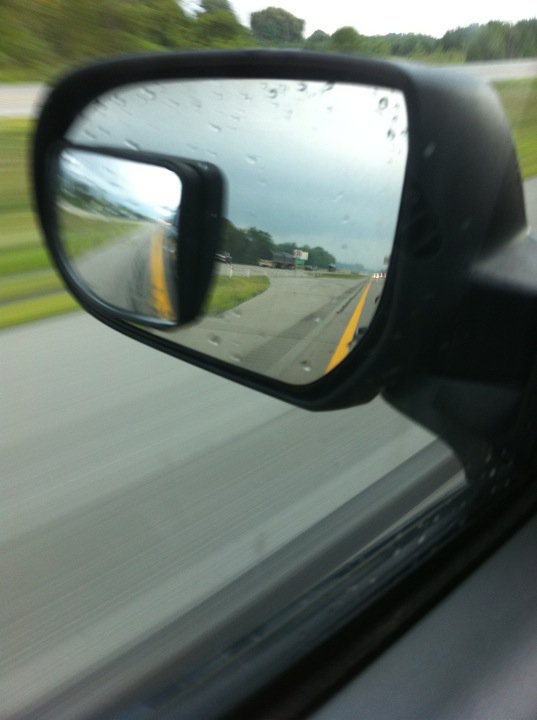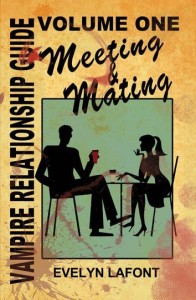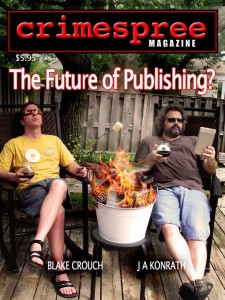 by Mike O’Mary
by Mike O’Mary
This week, I want to share a commencement address. This is one of those things that should be passed around on the Internet until EVERYBODY has read it. Or at least until every writer has read it. It’s intended as advice for young people who are just graduating from school, but it’s full of wisdom for people of all ages. And it contains especially good advice for writers. Here’s a sample:
“It’s not the privilege of anyone, writer or not, to peak out or burn out or drop out before he or she has given back to this world. So I’ll say right now that you will not fulfill your life until you find out what it is you have to give to the people around you, and have given it, and they’ve accepted it in some way. It may take years to find out what you have to give, and more years to turn it into something acceptable, but if you’re making the lives of the people around you better and happier, you’re going in the right direction. If you’re making their lives worse and more miserable, stop and turn around.”
That’s a quote from a graduation speech that my friend, John Rember, delivered last year — and it’s just a sampling of the wisdom you’ll find in his commencement address. It’s one of the best pieces of writing I’ve read in recent years.
To read the whole speech, click HERE. After you read it, pass it on to a young person. Or to an old person. Or to anybody who is striving to live a meaningful life. They’ll thank you for it.
Mike O’Mary is founder of Dream of Things, a book publisher and online book store, and of the Note Project, a campaign to make the world a million times better by inspiring 1 million people to write notes of appreciation. (Photo courtesy of Knox College)

 Over the last few months, FZ has featured some very helpful and insightful posts about social media in general and about Twitter in particular. If you missed them the first time around, be sure to check them out now:
Over the last few months, FZ has featured some very helpful and insightful posts about social media in general and about Twitter in particular. If you missed them the first time around, be sure to check them out now: With Lynn’s help, I went from no Twitter account nine months ago to 5,600 followers for @TheNoteProject on Twitter today. Lynn herself has 50,000 followers across four Twitter accounts.
With Lynn’s help, I went from no Twitter account nine months ago to 5,600 followers for @TheNoteProject on Twitter today. Lynn herself has 50,000 followers across four Twitter accounts. I’m curious…do any members of the Freelance-Zone.com community have experience using Elance.com to get jobs? If so, how did it go for you as a freelancer?
I’m curious…do any members of the Freelance-Zone.com community have experience using Elance.com to get jobs? If so, how did it go for you as a freelancer?


 Two weeks ago, I talked about the revolution in the book publishing industry. No big secret, right? Everybody knows that we are in the midst of a major shift from print to digital in the publishing industry. And everybody is speculating about what that means for the “industry” – from the big publishing houses to indie publishers to agents to best-selling authors (who are now passing on six-figure advances because they don’t want to give up their digital rights!) to self-published authors (who would probably gladly give up their digital rights for a six-figure advance!).
Two weeks ago, I talked about the revolution in the book publishing industry. No big secret, right? Everybody knows that we are in the midst of a major shift from print to digital in the publishing industry. And everybody is speculating about what that means for the “industry” – from the big publishing houses to indie publishers to agents to best-selling authors (who are now passing on six-figure advances because they don’t want to give up their digital rights!) to self-published authors (who would probably gladly give up their digital rights for a six-figure advance!).